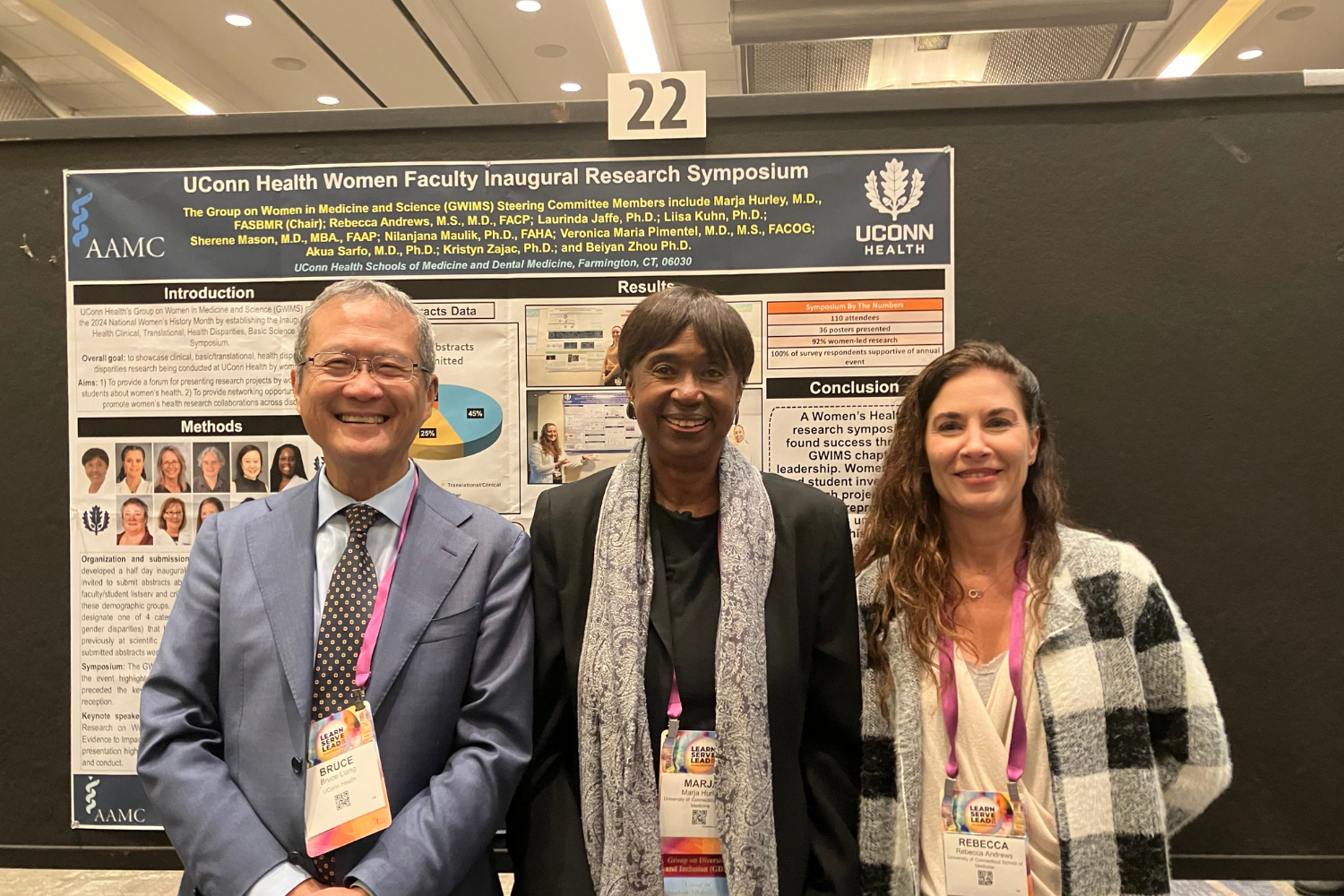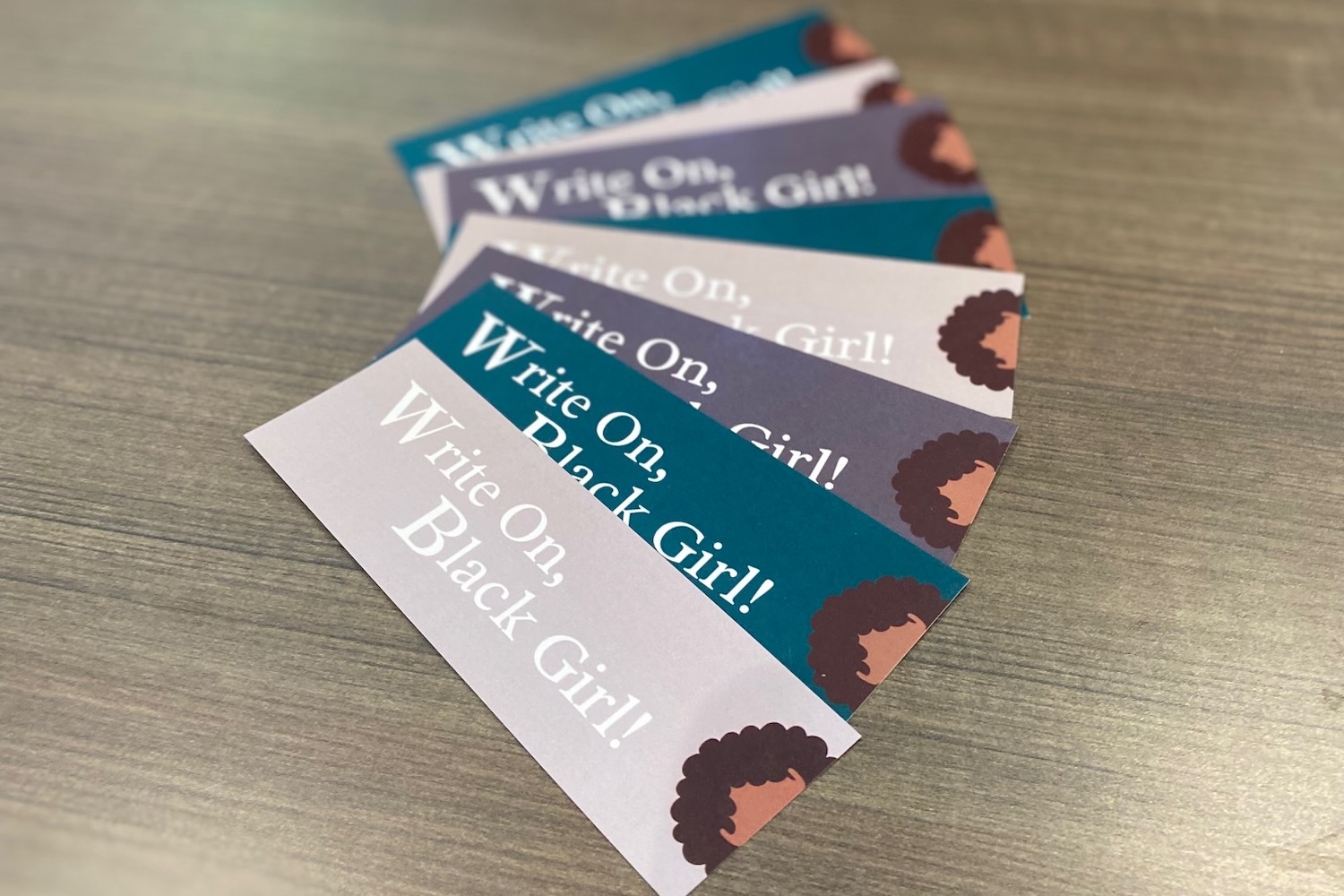FRIDAY, MARCH 2: Because of weather and transportation issues, the live video stream of the introductory lecture on Space Law by Professor Steven Mirmina has been canceled. The on-campus sessions of this class — for enrolled students only — will meet as scheduled: Saturday, 10 a.m. to 5 p.m., and Sunday, 11 a.m. to 3 p.m.
Steve Mirmina ’92 JD will lecture at the UConn School of Law this Friday, March 2, on his field of expertise – space law. In addition to working full-time in that area, the Milford, Connecticut, native teaches part-time at Georgetown University.
The lecture will take place from 5:30 p.m. to 7 p.m., and a live stream will be available here for all those interested in learning more about the subject.
How long has space law been in existence?

Space law is among the newest and most cutting-edge areas of law. Prior to the launch of Sputnik in 1957, there was no need for space law, so it only has been around for 60 years or so. Space law is one of the only areas of law where there are consistently new questions that have no precise precedents.
Two weeks ago, for instance, a private individual launched his personal race car on his own privately owned rocket into outer space. There is no specific law on point about that; in other words, it was not an activity specifically contemplated by the drafters of the Outer Space Treaty in 1967. Space law practitioners need to examine the applicable treaties for general principles, and then interpret and apply them to current situations.
How old are these treaties and what nations are involved?
Space law is primarily governed by four core international treaties, and then supplemented by federal and, sometimes, state law. The oldest treaty, sometimes referred to as the ‘Magna Carta of Outer Space’ was drafted by a committee of the United Nations and went into effect in 1967. It’s referred to as the ‘Outer Space Treaty,’ and more than 100 nations, including all space-faring nations, are party to it.
Does politics play a big role in space law?
The United States and the USSR were in the middle of the Cold War in 1960s, 1970s, and 1980s, and potentially on the brink of a nuclear war. But the U.S. and Russia were able to confine their Cold War aggression terrestrially, while maintaining outer space exclusively for peaceful purposes. Outer space has been largely exempt from political winds from the early onset.
How did you become interested in space law?
I have had a life-long interest in international law, and while at UConn, I took just about every international law class offered, and then went abroad to study more. I went to Exeter College in England for a semester, and then upon graduation, I received a scholarship to go to Leiden Law School in the Netherlands for an LL.M. – in international law. During my LL.M. studies, I started to specialize in aviation and outer space law – what could be more international?
What are your favorite memories of UConn Law School?
Professor Mark Weston Janis was my international law professor. He fed and nourished my interest to pursue a career in international law. I had a stroke of good fortune in that, when I graduated in 1992, Leiden was offering an LL.M. to a UConn law student with an interest in international law. It completely changed my career. I moved to Europe, got a ton of new life experiences, immersed myself in a few foreign language study programs, and it completely changed my life for the better. I am grateful that UConn had a sister school exchange program, and that I was able to take advantage of it.
How did you get involved in teaching, and what do you like about it?
After my LL.M. studies, I remained at Leiden for a few more years, periodically teaching at Leiden University. I discovered that I loved being in the classroom. It gives me energy, and the students ask such good questions that they are constantly helping me to look at things with fresh eyes. I have been teaching Space Law at Georgetown as an adjunct professor since 2011. Teaching is even more fun than my day job, and being a space lawyer at NASA is a pretty cool day job!
Mirmina has been a senior attorney in the International Law division of the Office of General Counsel at NASA since 1999. Among other issues, he works on legal matters related to the International Space Station, telecommunications, and export control.



